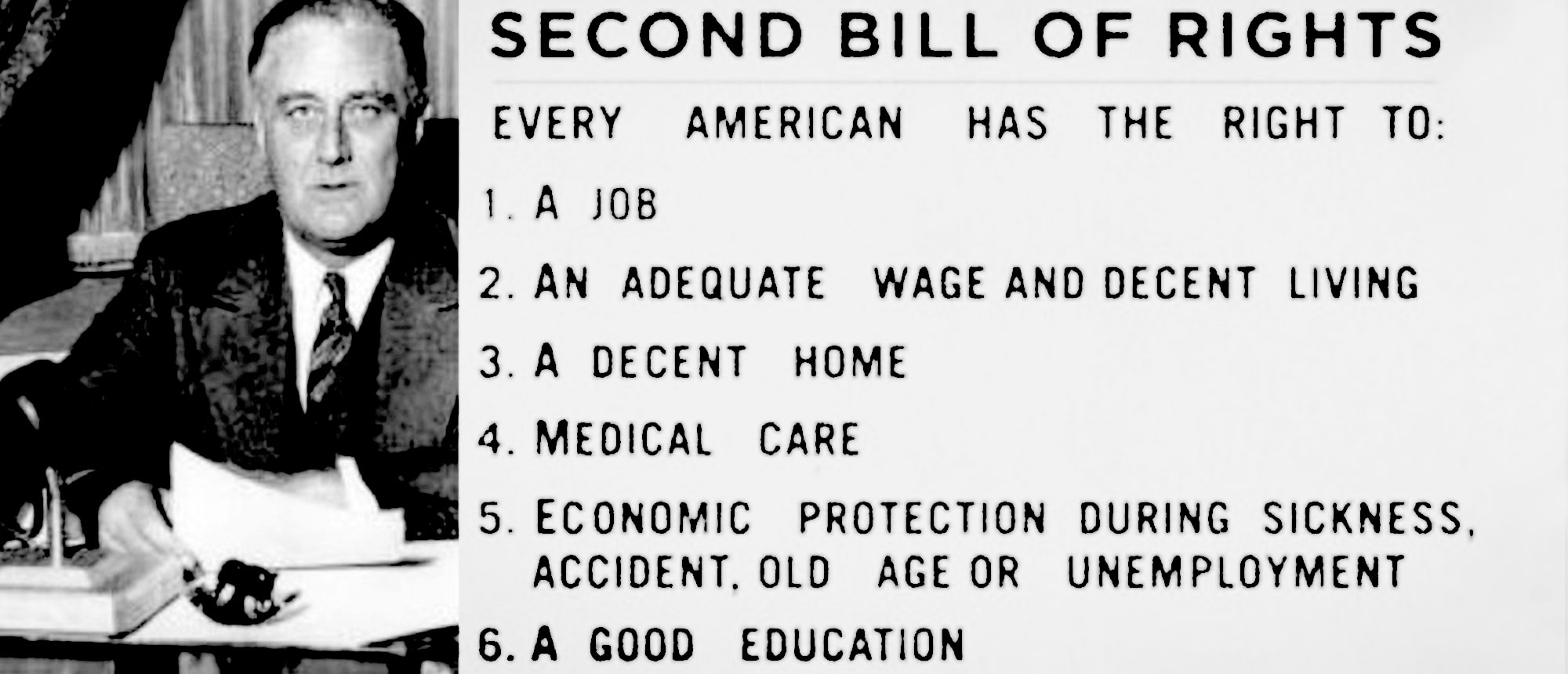(ThyBlackMan.com) This week is National Men’s Health Week, and when it comes to protection against the diseases that disproportionately affect Black men, knowledge truly is power. If we do not know what we are protecting ourselves against, how can we properly prepare to defend ourselves?
The following list consists of the top 10 health threats to men, as compiled from statistics provided by the Centers for Disease Control and Prevention (CDC) and other leading organizations. Read on to find out what you are at risk for and what you can do with regard to ongoing protection.
No. 1 — Heart Disease
Heart disease is the leading men’s health threat. Take charge of heart health by making healthier lifestyle choices. For example:
• Don’t smoke or use other tobacco products. And avoid exposure to secondhand smoke.
• Eat a healthy diet rich in vegetables, fruits, whole grains, fiber and fish. Cut  back on foods high in saturated fat and sodium.
back on foods high in saturated fat and sodium.
• If you have high cholesterol or high blood pressure, follow your doctor’s treatment recommendations.
• Include physical activity in your daily routine and maintain a healthy weight.
• If you choose to drink alcohol, do so only in moderation. Too much alcohol can raise blood pressure.
• If you have diabetes, keep your blood sugar under control.
• Manage stress.
No. 2 — Cancer
To prevent cancer, reread the bullets above and heed the ones below:
• Consult your doctor for regular cancer screenings.
• Reduce exposure to potential cancer-causing substances (carcinogens), such as radon, asbestos, radiation and air pollution.
No. 3 — Injuries
The leading cause of fatal accidents among men is motor vehicle crashes, according to the CDC. To reduce your risk of a deadly crash:
• Wear your seat belt.
• Follow the speed limit.
• Don’t drive under the influence of alcohol or any other substances.
• Don’t drive while sleepy.
Falls and poisoning are other leading causes of fatal accidents. Take common-sense precautions, such as using chemical products only in ventilated areas, using nonslip mats in the bathtub and placing carbon monoxide detectors near the bedrooms in your home.
No. 4 — Stroke
You can’t control some stroke risk factors, such as family history, age and race. But you can control other contributing factors. For example:
• Don’t smoke.
• If you have high cholesterol or high blood pressure, follow your doctor’s treatment recommendations.
• Limit the amount of saturated fat and cholesterol in your diet. Try to avoid trans fat entirely.
• Maintain a healthy weight and include physical activity in your daily routine.
• If you have diabetes, keep your blood sugar under control.
• If you choose to drink alcohol, do so only in moderation.
No. 5 — COPD
Chronic obstructive pulmonary disease (COPD) is a group of chronic lung conditions, including bronchitis and emphysema. To prevent COPD:
• Don’t smoke, and avoid exposure to secondhand smoke.
• Minimize exposure to chemicals and air pollution.
No. 6 — Type 2 Diabetes
Type 2 diabetes, the most common type of diabetes, affects the way your body uses blood sugar (glucose). Possible complications of type 2 diabetes include heart disease, blindness, nerve damage and kidney damage. To prevent type 2 diabetes:
• Lose excess pounds, if you’re overweight.
• Eat a healthy diet rich in fruits, vegetables and low-fat foods.
• Include physical activity in your daily routine.
No. 7 — Flu
Influenza is a common viral infection. While a case of the flu isn’t usually serious for otherwise healthy adults, complications of the flu can
be deadly, especially for those who have weak immune systems or chronic illnesses. As a start to protect yourself from the flu, get an annual flu vaccine.
No. 8 — Suicide
Suicide is another leading men’s health concern. An important risk factor for suicide among men is depression. If you think you may be depressed, consult your doctor. Treatment is available. If you’re contemplating suicide, call for emergency medical help or go the nearest emergency room. You can also call the National Suicide Prevention Lifeline at 1-800-273-TALK.
No. 9 — Kidney Disease
Kidney failure is often a complication of diabetes or high blood pressure. If you have diabetes or high blood pressure, follow your doctor’s treatment suggestions. In addition:
• Eat a healthy diet, and limit the amount of salt you consume.
• Include physical activity in your daily routine and lose excess pounds if you’re overweight.
• Take medications as prescribed.
No. 10 — Alzheimer’s Disease
There’s no proven way to prevent Alzheimer’s disease, but consider taking these steps:
• Take care of your heart. High blood pressure, heart disease, stroke, diabetes and high cholesterol may increase the risk of developing Alzheimer’s.
• Avoid head injuries. There appears to be a link between head injury and future risk of Alzheimer’s.
• Maintain a healthy weight and include physical activity in your daily routine.
• Avoid tobacco.
• If you choose to drink alcohol, do so only in moderation.
• Stay socially active.
• Maintain mental fitness. Practice mental exercises, and take steps to learn new things.
Written By John Williams




















Leave a Reply